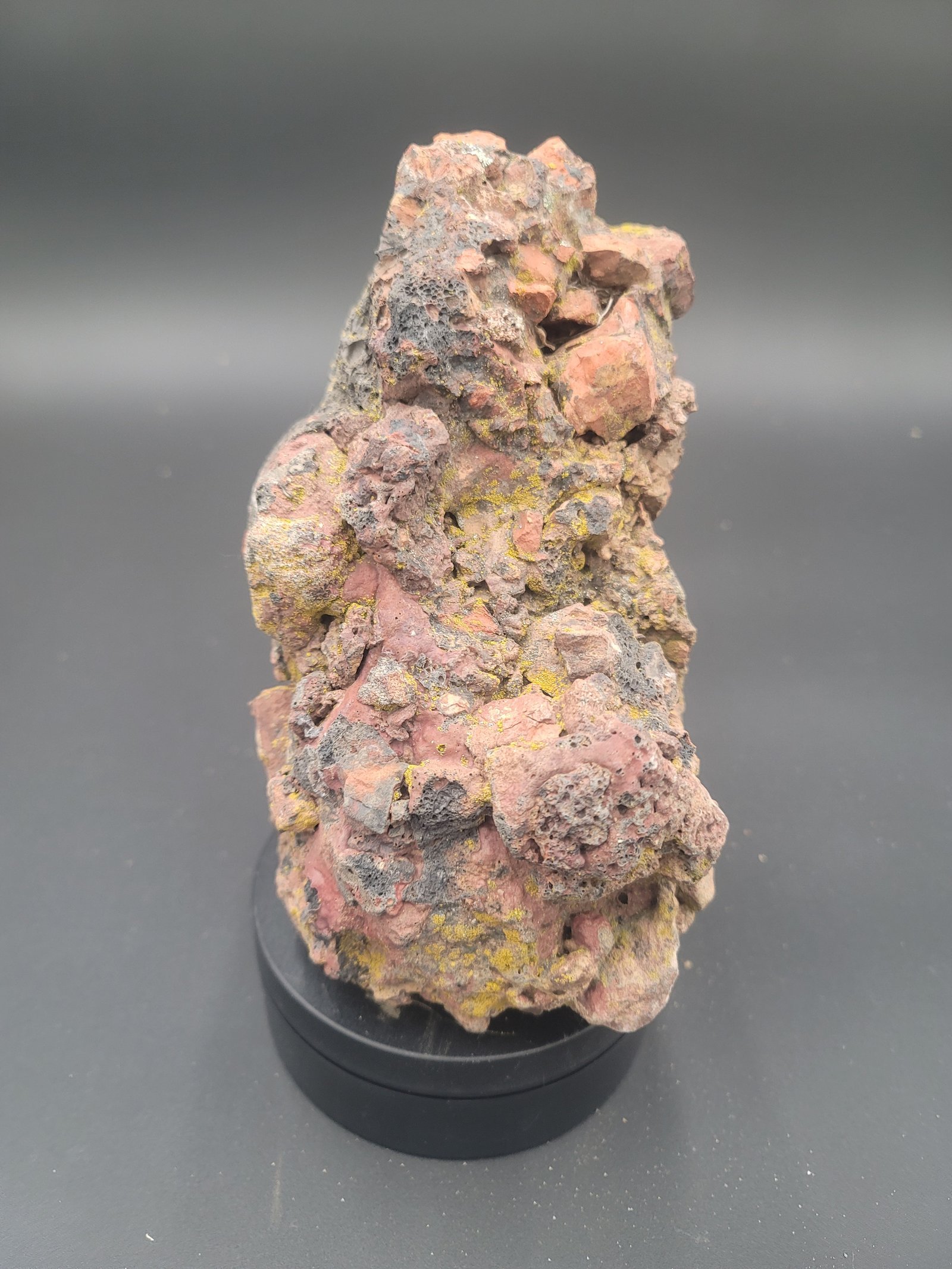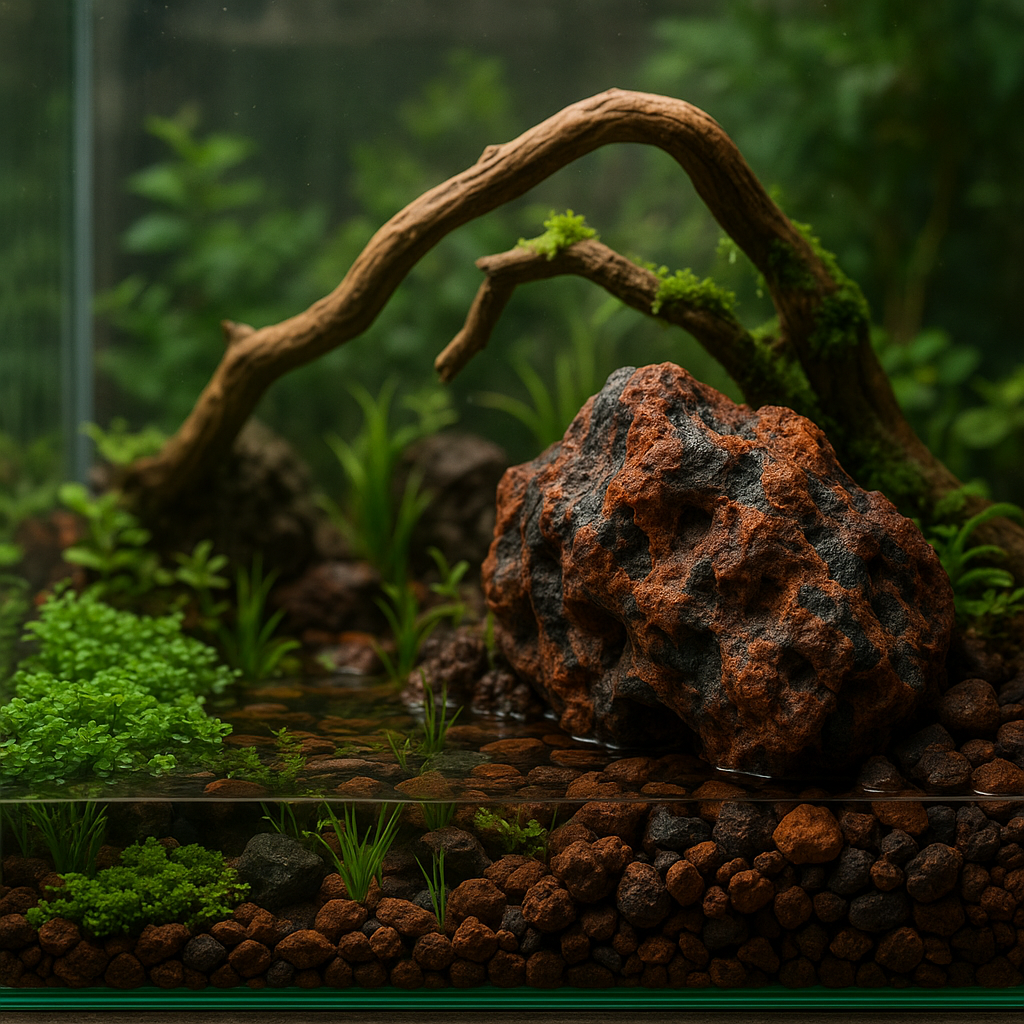About Scoria: Born from Fire, Shaped by Time
Scoria — also called clinker — forms when ancient coal seams ignite and bake surrounding rock into lightweight, porous stone. Our Wyoming scoria carries the texture, color, and story of Earth’s own furnace.

How Scoria Forms
- Ancient Coal Deposits: Lush prehistoric forests were buried and compressed into coal.
- Underground Fire: Lightning, erosion, or shifts ignite seams that can burn for decades.
- Transformation: Intense heat (often >980°C / 1800°F) bakes shale/sandstone into bubble-filled scoria.
- Cooling & Exposure: Erosion reveals burned ridges — today’s scoria fields.
Each stone is a physical record of heat, time, and chemistry — a natural filter and design material with character.
Why Wyoming Scoria
Responsibly collected from natural burn formations — no blasting, no chemicals. We sort and grade by size for specific uses.
Easy handling & high volume per lb.
Excellent drainage & bio-filtration.
*after a good rinse
Reusable, long-lasting, authentic look.
Popular Uses
Aquariums
Natural biological media & texture for aquascapes.
Reptile Habitats
Holds form, helps with humidity control, looks native.
Planters & Hydro
Aeration for roots; inert after rinse; great drainage.
Decor & Landscaping
Distinct red-black tones with real geologic story.

A Wyoming Original
Scoria is part of Wyoming’s landscape and history — quiet evidence of underground fires that once reshaped the plains. At ScoriaSupply, we share that story through carefully graded, ready-to-use material.
“From fire to form — each piece tells the story of Earth’s transformation.”
